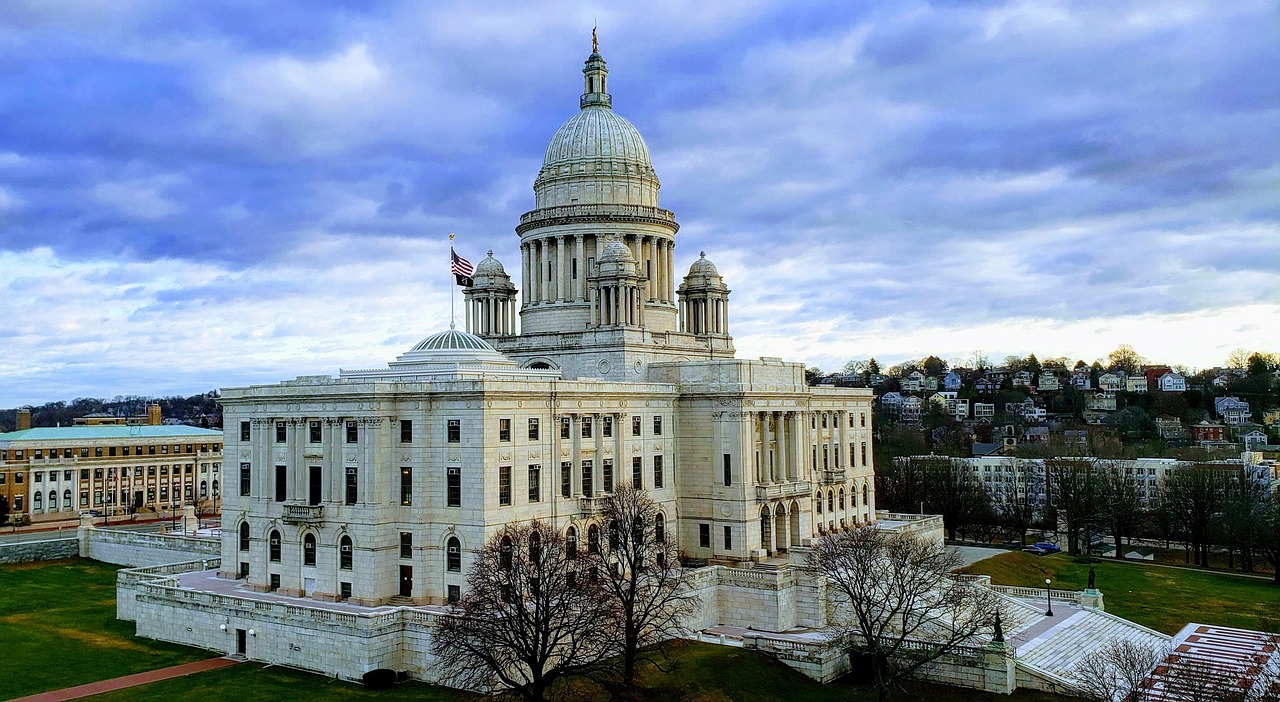Contemporary Analysis of Whistleblower Protections in the United States
Whistleblower protections have always been a significant aspect of the legal landscape in the United States. In recent years, these laws have come under increased scrutiny due to high-profile cases that have sparked public and legal debate. This article delves into the current state of whistleblower protections, tracing its historical development, exploring recent legislative changes, and discussing its impact on society.

Historical Context of Whistleblower Protections
Whistleblowing, the act of exposing wrongdoing within an organization, has a long history in the United States. The first whistleblower protection law was enacted in 1863 during the Civil War. Known as the False Claims Act, it was designed to combat fraudulent contractors in the Union Army. Over the years, whistleblower protection laws have evolved, with significant pieces of legislation like the Whistleblower Protection Act of 1989 and the Sarbanes-Oxley Act of 2002, further strengthening protections for individuals who expose wrongdoing.
Recent Developments and Legislative Changes
In recent years, there have been several changes and additions to whistleblower protection laws. One notable change was the passage of the Dodd-Frank Wall Street Reform and Consumer Protection Act in 2010, which expanded protections to employees in the financial sector. This came in response to the 2008 financial crisis when many employees who raised concerns about risky practices were ignored or retaliated against.
Whistleblower Protections and Society
Whistleblower protection laws have profound implications for society. They play a crucial role in maintaining accountability and integrity within organizations, whether they be private corporations or government agencies. By providing legal protection to whistleblowers, these laws encourage individuals to report misconduct, corruption, or illegal activities, contributing to a more transparent and ethically sound society.
The Impact of High-Profile Whistleblower Cases
High-profile whistleblower cases have brought the issue into the public eye, igniting discussions about the effectiveness of existing laws. Cases like that of Edward Snowden, who exposed mass surveillance practices by the U.S. government, have raised questions about the balance between national security and individual privacy rights. This has led to calls for further refinement of whistleblower protection laws, to ensure that they provide adequate protection to those who expose wrongdoing, but also appropriately consider national security concerns.
The Future of Whistleblower Protections
The evolution of whistleblower protections is an ongoing process. As society and technology advance, new forms of whistleblowing, such as digital whistleblowing, are emerging. This necessitates constant review and adaptation of existing laws to ensure they remain effective and relevant. Ensuring robust whistleblower protections is paramount to maintaining transparency and accountability in our society, making this an important legal issue to watch in the coming years.
In conclusion, whistleblower protections are a vital aspect of the legal landscape in the United States. They play a critical role in maintaining transparency and accountability within organizations. As society continues to evolve, it will be crucial to ensure these laws adapt to meet new challenges and continue to provide robust protection for those who have the courage to speak out against wrongdoing.




